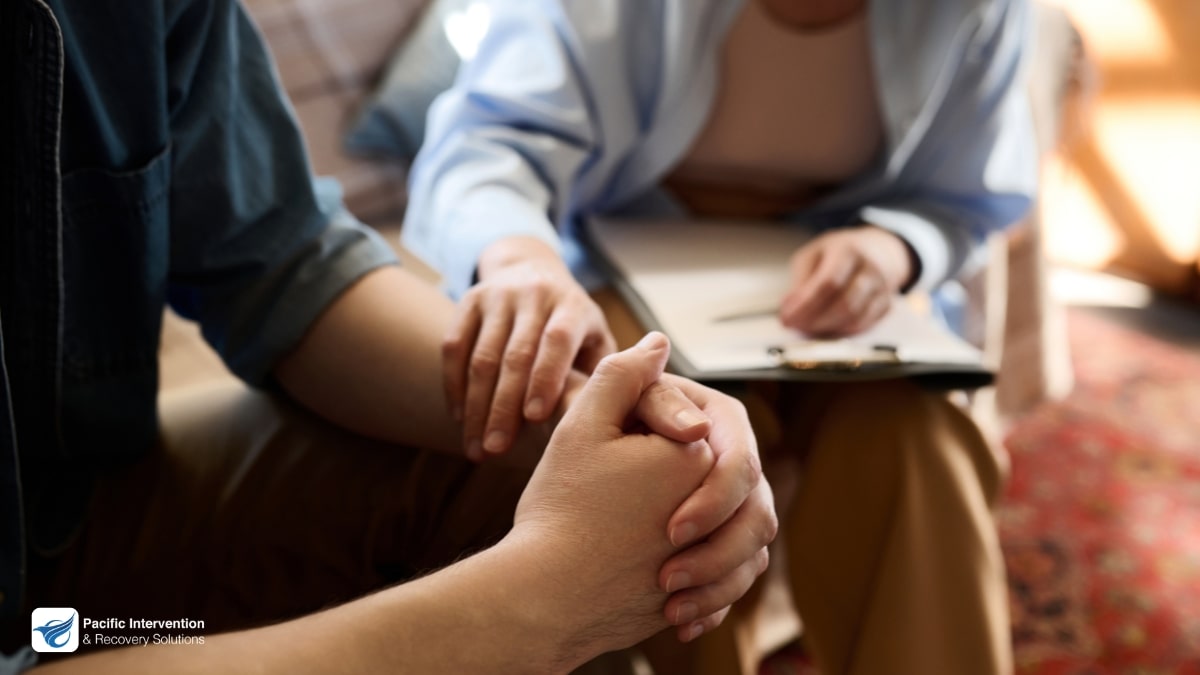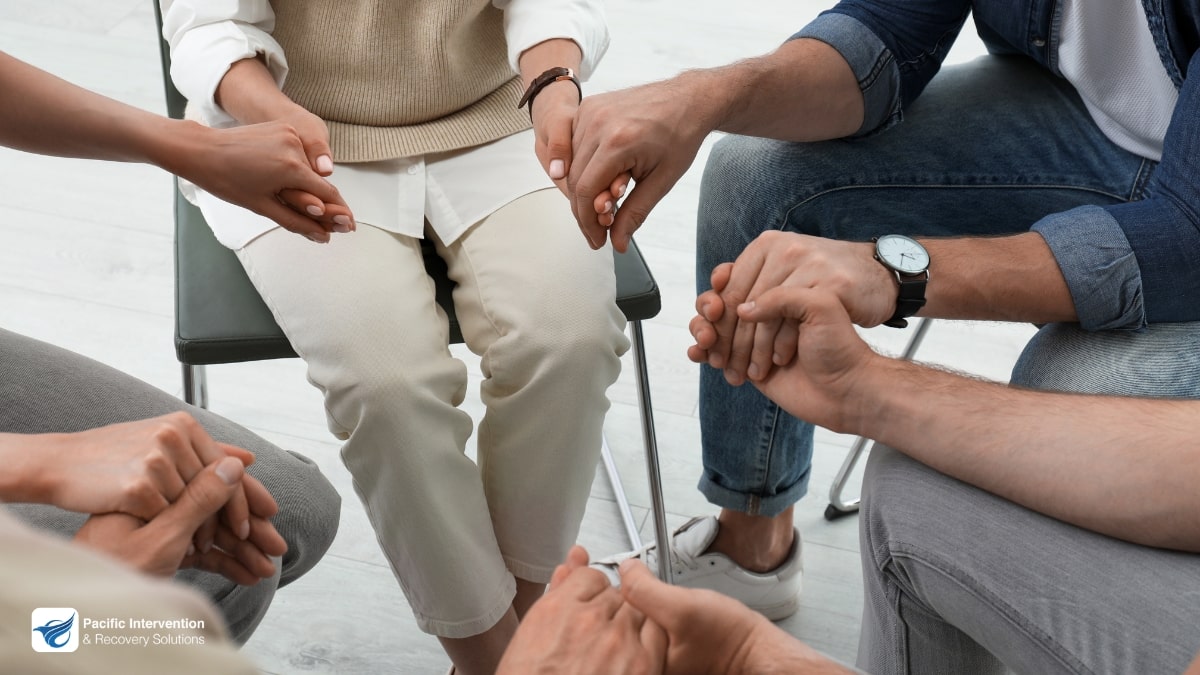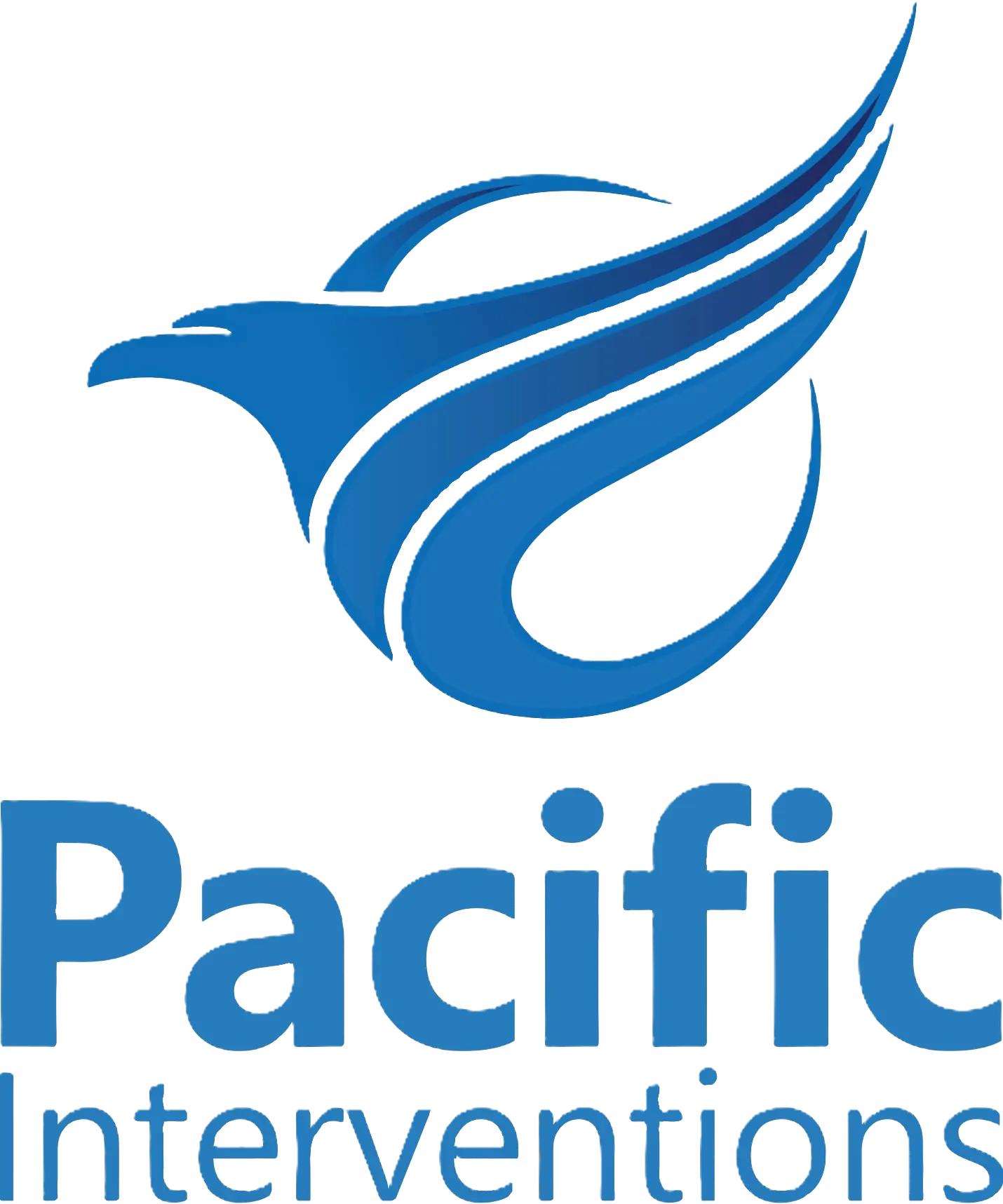When a loved one begins rehabilitation, their support network is critical. Understanding how to support a loved one in recovery can significantly improve their sober living experience. The healing process is frequently complicated, with ups and downs, and having the correct support system can significantly boost the likelihood of long-term success.
In this article, we’ll discuss practical ways to help people improve. We’ll address how to approach people, offer support, and discuss addiction and recovery. These tips can help you support someone in their early recovery and beyond.

Understanding Addiction and Recovery
Addiction is a long-term chronic illness that causes people to use drugs despite harmful consequences. Like other mental disorders, addiction has a profound effect on the brain and stops it from working normally. Therefore, when someone starts a recovery program, they are faced with this mental challenge, and usually a multitude of other challenges. This makes the early days of recovery incredibly difficult. This is why the support of loved ones can play such an important role.
A Step-by-Step Guide on How to Help a Loved One Get Better
Your kindness, patience, and compassion can go a long way in helping a loved one stay on track in recovery. This step-by-step guide provides practical advice and actionable steps to support your loved one’s recovery journey.
Show Your Support
It only takes a few words to provide positive reinforcement. Giving positive feedback can help boost someone’s commitment to recovery. Pointing out their successes helps them to see those accomplishments for themselves. People who have a substance use disorder are typically very hard on themselves, so providing positive feedback is a way to help them see things they are doing well more clearly.
Pay Attention to Them
By asking about your loved one’s life and recovery, you show that you are present and care about what is happening with them. These conversations can help to build or rebuild your closeness and connections. Over time and with consistency, the bond of trust will grow stronger.
Keep in mind that too much attention or questioning can come across as smothering or intrusive. It’s okay to ask your loved one from time to time whether your inquiries are welcome.
Don’t Judge Others
Please don’t use negative labels to describe someone in recovery. Calling someone in recovery a “drug addict” or “alcoholic” can cause them to feel inadequate or be humiliating. Try to avoid these types of labels and treat them as you would anyone else. Remember, they are people first, and therefore should not be defined by their illness.
People in treatment and recovery have often dealt with a lot of shame and guilt in the past, and hearing judgmental words may trigger them to feel bad about themselves. Remember that recovery takes time, and any growth is progress. No matter how slow their progress, they are still moving forward. Self-judgement is often high with people in recovery, so when others are judging them, it can be overwhelming. This is hurtful and destabilizing to their self-esteem, which can directly affect their recovery.

Avoid Arguments
Arguments trigger a stress response, and with somebody in recovery, this can lead to a vulnerability to relapse. Stress is by far the #1 cause of relapse. Try to avoid arguments. If a discussion is turning into an argument, try tabling the discussion until things have settled. Wait for things to play out and for both parties to be willing to readdress the topic. If a resolution cannot be reached, sometimes it can be best to agree to disagree and move on.
Help Them Form Good Habits
A healthy body is essential to recovery. Depending on how significantly addiction has impacted their body, healing can take time. For a multitude of reasons, it can sometimes be difficult for people in recovery to develop healthy lifestyle practices. So, try inviting them on outings like walks, hikes, cycling, swimming, etc.
This can assist in developing a healthy, active lifestyle. Try going grocery shopping together and creating a nutritious meal. This can be another way to help form good habits.
Even though it may seem like a good idea to make massive changes all at once, keep in mind that small, incremental changes over time are more sustainable in the long-term, so easy does it.
Learn to be Patient
A substance use disorder can often lead to the development of negative behaviour patterns. Once the individual stops using alcohol or drugs, we think these behaviours will disappear. This is usually not the case. Many of the behaviours may change, but also remain to some degree. When you see these same behaviours when the person is sober, it can seem like they have not changed at all. This is where we have to remember that recovery takes time. It can be challenging to practice patience, but doing so can be one of the most loving things you can do for them. Recovery is not easy, and it can be a struggle; your patience can be a precious gift.

Learn About Addiction and How to Get Better
Addiction is a brain disorder that affects impulse control. It is not a lack of willpower or morality. Understanding addiction as an illness will help you recognize the psychological signs and symptoms of the condition. This will help identify indicators of relapse.
For people in recovery, relapse often occurs after some psychological deterioration over time. Signs of a potential relapse are: anxiety, anger, restlessness, irritability, depression, and resentment. This is why learning about addiction can be so helpful in supporting a loved one’s recovery.
Don’t Let Them Be Tempted
The long-term goal of someone in recovery should not be to hide from alcohol and drugs. This strategy wouldn’t work because eventually they would be exposed in some situation. That said, in early recovery, it is a good idea to limit or eliminate all exposure. This is because in early recovery, the impulse to use alcohol or drugs is strong, and this impulse can come out of nowhere in an instant.
So it is helpful to limit exposure in the early stages of recovery. Once someone has been in recovery for a while ais nd stable, they should be ok to beokayn the presence of alcohol or drugs without triggering a relapse. However, it’s always a good idea to limit this kind of exposure.
Set Healthy Limitations
Recovery is about individuals making good decisions and taking personal responsibility for their life and their recovery. Help out, but don’t take on all their work. It’s natural to want to help our loved ones make their lives easier. However, when you assume their responsibilities, you rob them of the chance to build a sense of pride and accomplishment by doing it themselves.
We want to empower our loved ones to grow and develop these strengths of character, so we find ways to help without taking on their responsibility. For instance, if your loved one is facing a challenge, discuss strategies for resolving it with them, but ultimately let them implement the solution. This gives you a chance to be supportive while also allowing your loved one to take personal responsibility.

Recovery Groups
People recovering from alcohol or drugs change many things about their lives, including the groups of people they hang out with. Participating in community support networks like Alcoholics Anonymous (AA), Narcotics Anonymous (NA), and SMART Recovery allows someone in recovery to connect with people who share the same goal: staying sober. In recovery, the more support you have, the better your chances of success. Recovery does not happen alone; it takes a community, and these support groups can be incredibly valuable.
Conclusion
Keep in mind that it is just as crucial for you to take care of yourself as it is to help someone else. Keep your well-being a priority and get your own help when needed. This will prepare you for the ups and downs of your loved one’s recovery. You can help a loved one and take care of yourself at the same time, improving your relationship while still allowing everyone’s personal growth and development.
Supporting a loved one in recovery is challenging but very satisfying. By understanding addiction, showing your support, keeping a close connection, not judging, avoiding arguments, being patient, and helping them form good habits, you can make a real difference in their path to lasting sobriety.
FAQs
1. How can I offer encouragement to someone undergoing recovery?
You can encourage someone in recovery by giving positive feedback. Acknowledging the efforts they are making in their recovery will provide a positive reward and reinforce their commitment.
2. What actions are beneficial for supporting someone in recovery?
To effectively support someone in recovery, consider these actions:
- Learn about substance use disorders.
- Understand what a strong recovery looks like.
- Actively listening to their recovery experiences.
- Model good behaviour.
- Participate in healthy activities together.
- Exhibit patience throughout your interactions.
- Take care of your own well-being to stay strong for them.
3. How can I assist a loved one in seeking help?
To help a loved one get help, you can
- Search for different treatment options.
- Invite them to discuss your concerns.
- Let them know you care and are trying to help.
- Avoid arguments and criticism.
- Calmly talk about your concerns.
- Discuss the treatment options you’ve researched.
- Please encourage them to contact a treatment provider.
If this approach doesn’t work, seek professional help from an interventionist.



